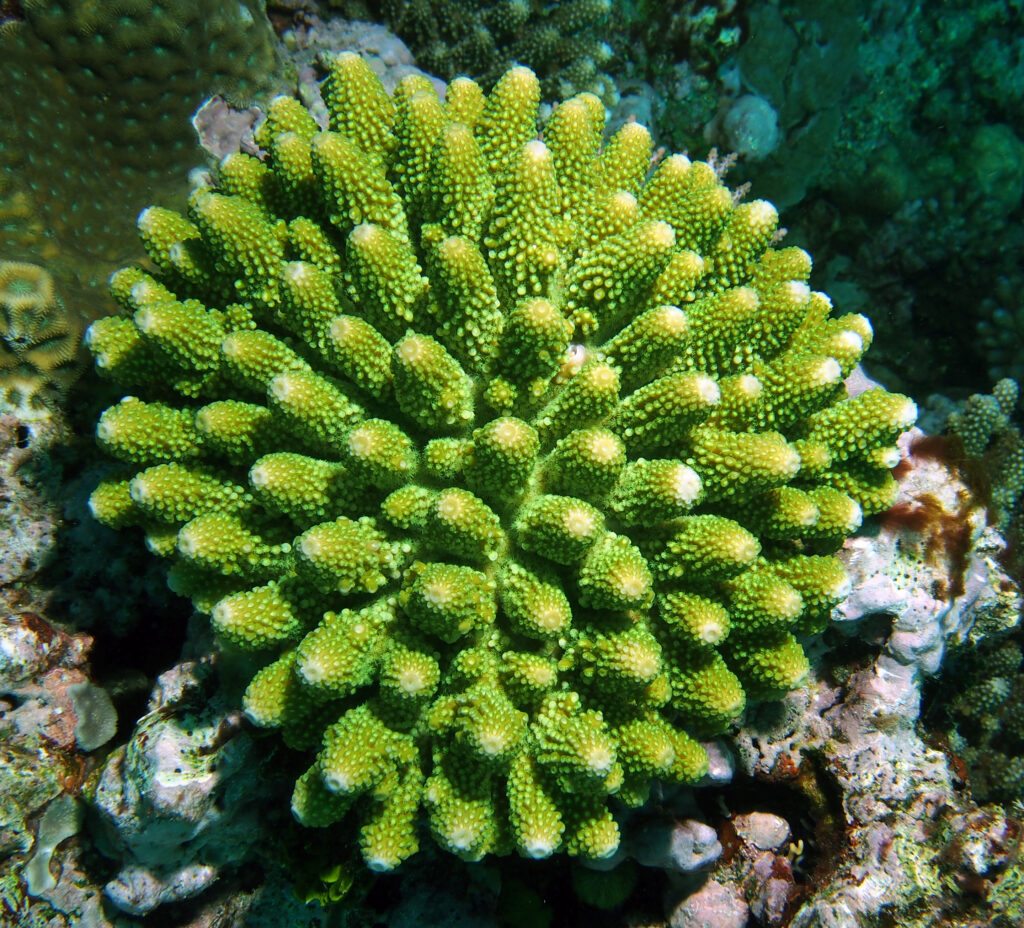Coral Reefs: Exploring the Wonders of a Unique Marine Ecosystem
Coral reefs are one of the most diverse and important ecosystems in the world. Spanning thousands of miles around the world, these underwater structures are home to an incredible array of wildlife and provide critical resources for many coastal communities. To understand what coral reefs are, their role in the ocean, and why they’re so important, let’s dive into the details.
What are Coral Reefs?
Coral reefs are made up of thousands of individual coral polyps, which are tiny, soft-bodied animals that secrete calcium carbonate to build a hard outer skeleton. These skeletons form the structures of coral reefs, which can be found in shallow, tropical waters throughout the world. Reefs may reach up to hundreds of meters in length and are home to a wide variety of species, from fish and sea turtles to sharks and whales.
The Types of Coral Reefs
Coral reefs come in a variety of shapes and sizes. The most common type of reef is known as a fringing reef, which is a shallow structure that is close to shore. Other types of coral reefs include barrier reefs, which are further offshore and form a barrier between the ocean and the shore, and atolls, which are ring-shaped reefs that surround a lagoon.
The Role of Coral Reefs
Coral reefs play an important role in the ocean ecosystem. They provide habitat and shelter to a wide range of species, from small fish to large mammals. They also help to protect the shore from storms and erosion by acting as a buffer against waves. In addition, coral reefs are important sources of food for many coastal communities and provide sources of income through tourism and fishing.
Why Are Coral Reefs Important?
Coral reefs are one of the most important ecosystems on Earth. They provide a vital habitat for countless species, including many that are endangered. They also help to protect the shoreline from storms and erosion, and provide important sources of food and income for many coastal communities.
Threats to Coral Reefs
Unfortunately, coral reefs are under threat from a variety of sources, including climate change, ocean acidification, overfishing, and pollution. As temperatures rise and ocean acidity increases, coral reefs become more vulnerable to coral bleaching, which is when coral polyps expel the algae that give them their vibrant colors and provide them with food. Other threats to coral reefs include overfishing, which can disrupt the balance of the reef ecosystem, and pollution, which can smother coral and make it difficult for them to survive.
Conservation Efforts
Fortunately, there are many conservation efforts underway to protect and restore coral reefs. In many areas, fishing regulations are in place to protect fish populations and help maintain a healthy reef ecosystem. Additionally, researchers are using various techniques to restore damaged coral reefs, such as transplanting healthy coral polyps and using specialized vessels to reduce the impact of boat traffic on reefs.
Conclusion
Coral reefs are one of the most fascinating and important ecosystems in the world. They provide a home for countless species, protect the shoreline from storms and erosion, and provide vital sources of food and income for many coastal communities. Unfortunately, they are under threat from a variety of sources, including climate change, ocean acidification, overfishing, and pollution. But with conservation efforts in place, we can protect and restore these vital ecosystems for future generations.

